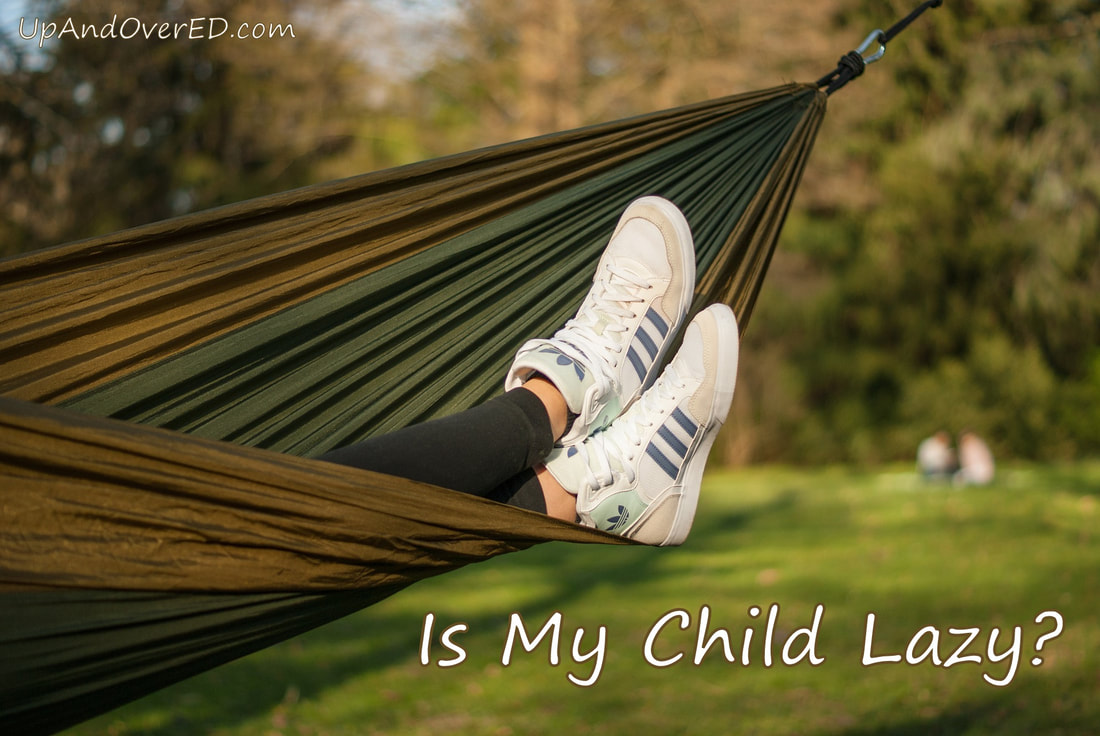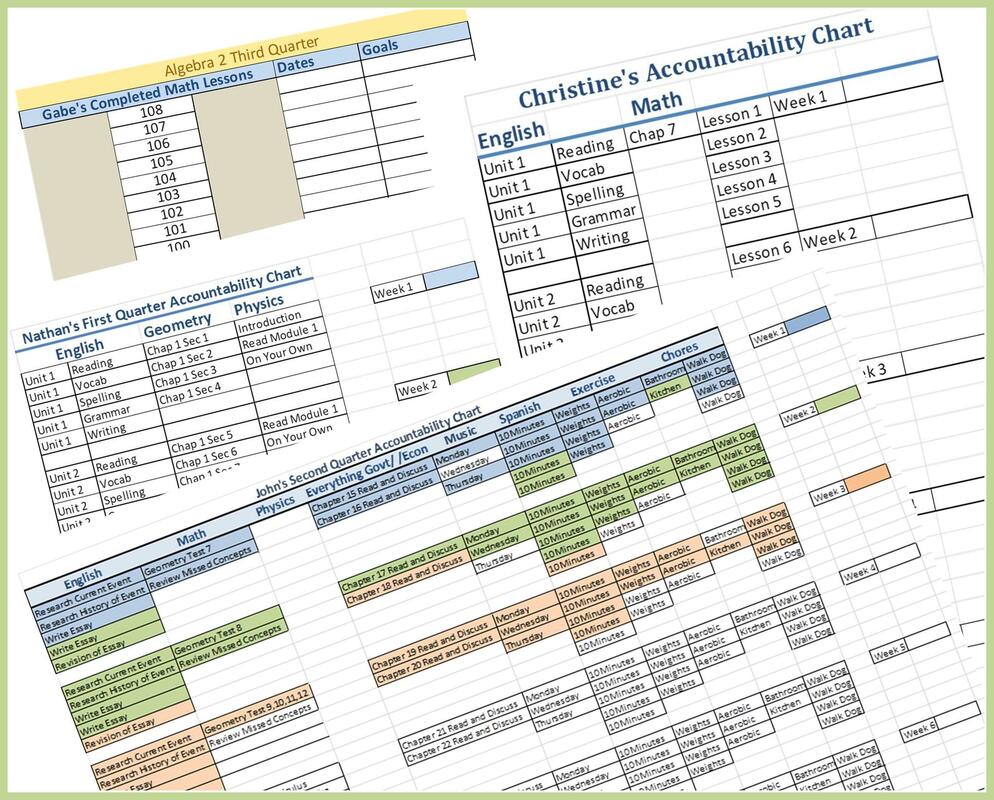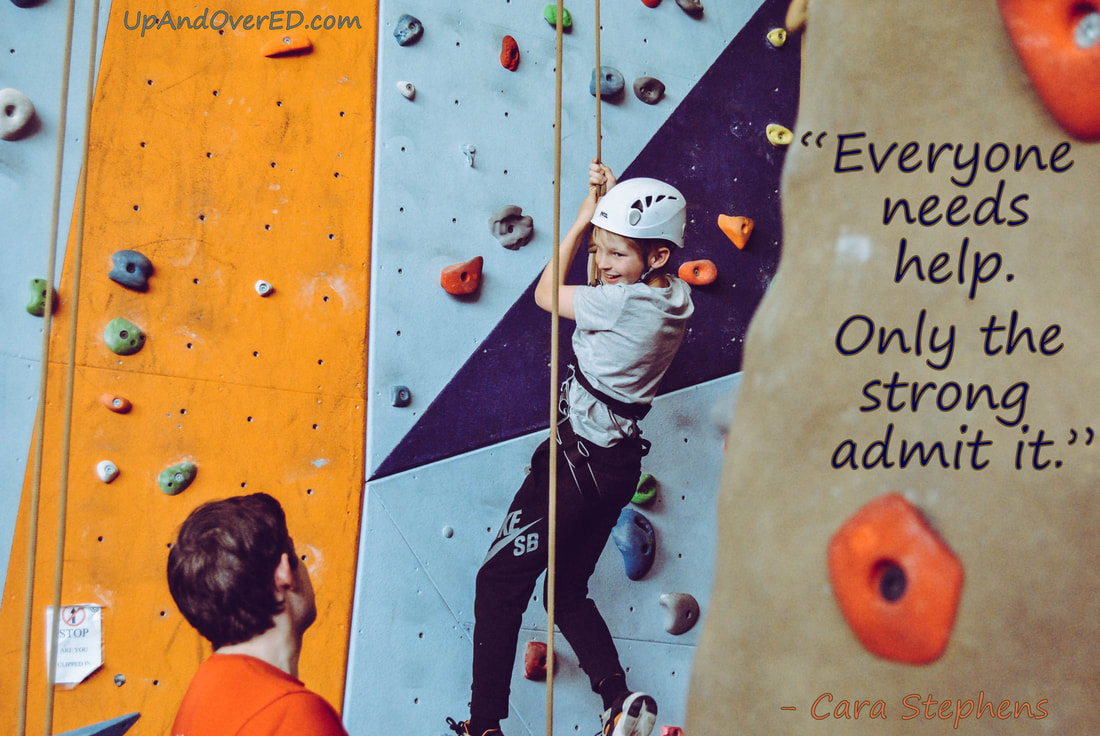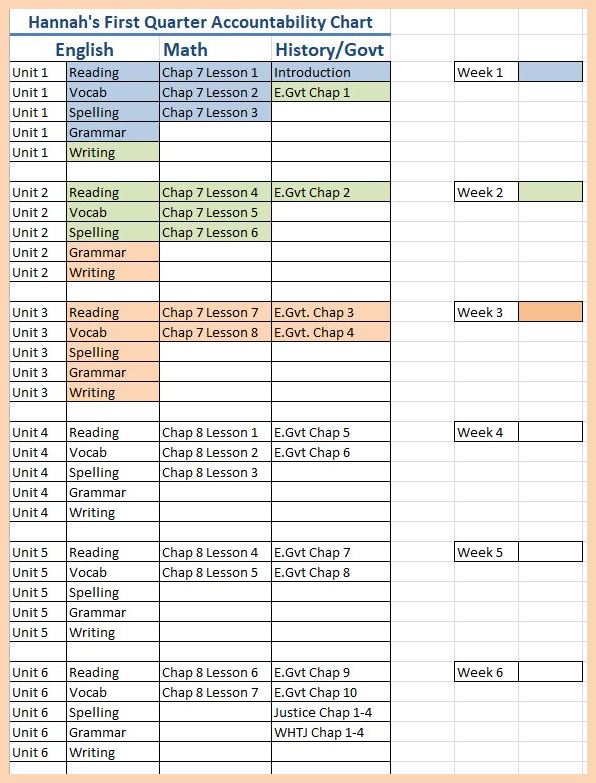| Author Dr. Mel Levine has written a thought-provoking book which begins with the premise that no adult or child is inherently lazy. He states in The Myth of Laziness that everyone wants to succeed and accomplish their goals, and an inability to do so can often be linked to difficulty with various output tasks. He says that there are four common forms of organizational problems. |
1. Managing Complex Tasks: For students, tasks such as studying for a final exam, writing a report, or initiating a new project involve assembling multiple components. Students who struggle with organizing the parts and putting them together often need help as they learn to stress the planning stage of each endeavor and break the project into small steps to make it more manageable. Also, having a clear vision of the final product can help.
2. Managing Time: The problem here comes from understanding how long a project will take, difficulty with multitasking, knowing what to do when, and procrastination. Some students (and some adults, too!) need an “organization coach” – someone who can help with scheduling and meeting deadlines.
2. Managing Time: The problem here comes from understanding how long a project will take, difficulty with multitasking, knowing what to do when, and procrastination. Some students (and some adults, too!) need an “organization coach” – someone who can help with scheduling and meeting deadlines.
| 3. Material Management: If a person’s room or office is a mess and they constantly lose important items and papers, they probably have difficulty with material management. Dr. Levine states that most of the worst material disasters happen at the critical transition points during the day as a person goes from one activity to the next. A helpful intervention would be to slow down at each transition (Leaving for school, going to music lessons, finishing homework etc.) and ask yourself questions such as, “Have I left anything behind?” or “Do I have what I need for the next activity?” |
4. Prioritizing: Before a child is eleven or twelve, his life is arranged for him, and he does not have to make decisions on how best to use his time. But once he hits his teen years, he has the competing priorities of multiple teachers and classes, recreational activities, peer relationships and other obligations and responsibilities. With help and direction, a student can determine what is the most important and learn how to keep from wasting time or spending too much time on trivial pursuits.
Levine states that other trouble spots such as poor motor function, difficulty with language, memory difficulties, mental-energy (maintaining alertness) control or social distractibility can cause a child or adult to put forth a low level of output and “products” of poor quality. Having an accountability partner can help.
Levine states that other trouble spots such as poor motor function, difficulty with language, memory difficulties, mental-energy (maintaining alertness) control or social distractibility can cause a child or adult to put forth a low level of output and “products” of poor quality. Having an accountability partner can help.
| Parents are a child’s first accountability partner, and when my kids were small, I remember taking poster board and creating colored pockets to hold index cards that listed each day’s studies and chores, and we posted this “accountability chart” on the refrigerator. When an activity was completed, my kids could move the labeled index cards from one pocket to another, and it was very clear what had gotten done that day. |
As they grew older, accountability charts transitioned into paper check lists in their school folders. (We homeschooled our kids from kindergarten through high school.) The list expanded to include more chores, exercise and extracurricular activities, but I still checked in with them every day (or every week when they were older) to help them make sure they were on track to meet their goals. My children are now grown, but as a tutor, I am able to help even more kids learn to manage their time, space and complex tasks.
Parental support is very important through the teen years and beyond, but as a youth gets older, an outside accountability partner can provide training that can make the move to adulthood easier while helping the parent/child relationship transition to a new level as well.
Assessing the difficulties that students have with their various challenges and then helping them come up with and implement a plan to overcome these barriers is one of the rewarding aspects of the coaching and accountability partnering that I do when I am tutoring a student.
Because students’ abilities to plan, time manage and prioritize are still developing, I often create accountability charts for them so they have a visual reminder of what needs to be accomplished, and so they can have the satisfaction of marking a task as completed when they finish one of their goals. Because I see the students that I tutor every week, I can visually check to see that their accountability charts are filled in and that they are completing the goals we have worked together to set for them. There is an old saying that is very true – “What gets measured gets
Parental support is very important through the teen years and beyond, but as a youth gets older, an outside accountability partner can provide training that can make the move to adulthood easier while helping the parent/child relationship transition to a new level as well.
Assessing the difficulties that students have with their various challenges and then helping them come up with and implement a plan to overcome these barriers is one of the rewarding aspects of the coaching and accountability partnering that I do when I am tutoring a student.
Because students’ abilities to plan, time manage and prioritize are still developing, I often create accountability charts for them so they have a visual reminder of what needs to be accomplished, and so they can have the satisfaction of marking a task as completed when they finish one of their goals. Because I see the students that I tutor every week, I can visually check to see that their accountability charts are filled in and that they are completing the goals we have worked together to set for them. There is an old saying that is very true – “What gets measured gets
| done." Sometimes parent ask me to hold their teens accountable to not only their studies, but to also check in with them to see that other activities such as chores and exercise activities are happening as well. We include these other activities on the accountability charts and discuss the best ways to make sure all these activities happen in a timely manner. In addition to being an accountability partner for my tutoring students, I coach them on ways to build motivation and self-efficacy, and I give them tools to overcome test anxiety and processing speed deficits. Another important part of tutoring is assisting students in eliminating negative self-talk and cognitive errors while helping them build stronger internal processing abilities and new problem solving styles. |
I also create these accountability charts for my life coach adult clients who often need help navigating the challenges of time management, material space organization and prioritizing too. I check in with them on a weekly or bimonthly basis, and it helps to keep them on track.
According to a Stanford University study done in 2013, virtually 100% of CEOs and business executives surveyed wanted life coaching assistance, but only 34% were actually getting it. If many highly successful CEOs of companies across the country depend on their coaches and accountability partners, it makes sense that having an accountability partner can help parents and their kids too.
In life and school, students may know exactly what they should do, but in the midst of so many competing priorities, sometimes they need some help getting the tasks organized and completed. But just because they need some help does not mean they are lazy.
Wishing you joy on the journey,
Debra Newby
www.UpandOverED.com
Debra Newby is a credential teacher in biology and chemistry, an academic tutor, a life coach and a parent mentor on California’s Central Coast. If you would like more information on the ways she can help you navigate the adventure of raising children, please contact her at [email protected]
According to a Stanford University study done in 2013, virtually 100% of CEOs and business executives surveyed wanted life coaching assistance, but only 34% were actually getting it. If many highly successful CEOs of companies across the country depend on their coaches and accountability partners, it makes sense that having an accountability partner can help parents and their kids too.
In life and school, students may know exactly what they should do, but in the midst of so many competing priorities, sometimes they need some help getting the tasks organized and completed. But just because they need some help does not mean they are lazy.
Wishing you joy on the journey,
Debra Newby
www.UpandOverED.com
Debra Newby is a credential teacher in biology and chemistry, an academic tutor, a life coach and a parent mentor on California’s Central Coast. If you would like more information on the ways she can help you navigate the adventure of raising children, please contact her at [email protected]




 RSS Feed
RSS Feed
